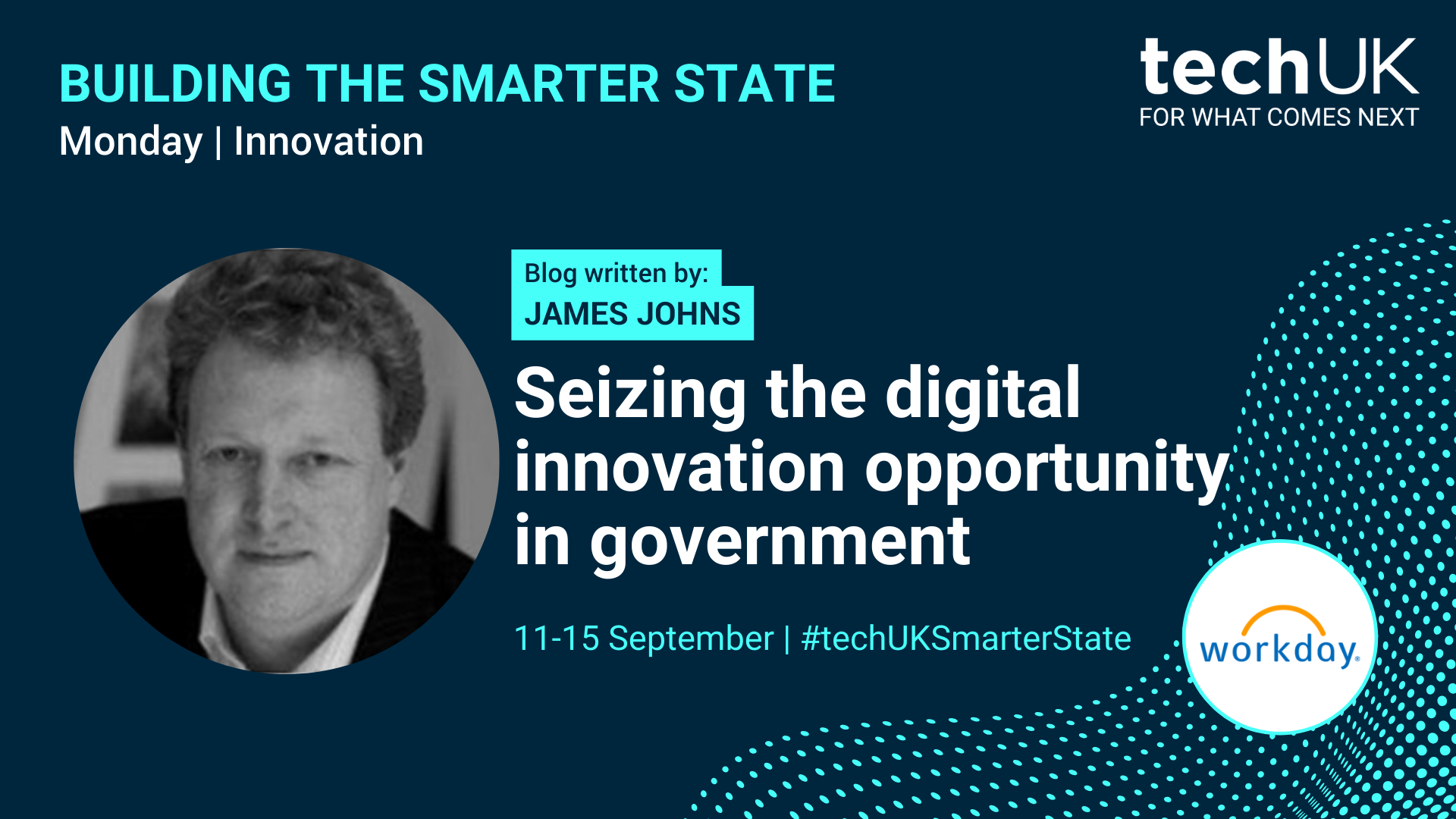Workday: Seizing the digital innovation opportunity in government #techUKSmarterState
The strain on government services has not relented since the House of Lords Public Services Committee published its report ‘Fit for the future? rethinking the public services workforce’ in 2022. That report concluded that unless change, empowered through digitalisation, was implemented urgently, public sector staff faced a ‘vicious circle’ of increased demand, staff shortages, low morale and recruitment challenges. Since then, budgets have tightened, demand and costs have risen, and workloads have only increased.
What steps might help government departments and agencies escape this circle? Our recent research, surveying nearly 400 civil servants, concludes with five recommendations to enable a route forward through sustainable digital progression.
The first of these recommendations is a laser focus on user experience for digital systems. While most government departments and agencies have accomplished some degree of digital transformation, many of the ‘new’ systems that have been implemented were already old-fashioned when they were brought onboard, and are very far from the polished standards of usability people have come to expect in recent years. Indeed, three quarters (74%) of survey respondents said the systems in use at their department/agency do not offer a seamless, easy to access experience for users.
This matter is no luxury, but a crucial issue: a streamlined, easy-to-use experience for employees and service users means everything gets done faster, with less friction, helping address administrative issues in sectors such as health and social care, education, and justice and policing. One respondent at the Department for Education told us it was imperative “that when the systems are implemented, enough time and thought has been given to the end user”. Modern, intelligent and intuitive systems create productivity benefits for staff, managers and service users alike through streamlined interactions and faster throughputs.
Technology to manage
Digital investment needs to go beyond the immediate tasks in hand for a department or agency, though, and into the tools that will improve the management of the people who conduct those tasks. A reliance on legacy software often means that managers in government lack the means to understand what is happening in the workplace and thus manage their staff effectively. More than two in five respondents (43%) say they lack the tools and thus the data visibility to manage their workforce effectively, to measure productivity or anticipate issues. Workforce planning, deployment and development requires an accurate, data-led view of staff productivity, skills and workload.
The third area for consideration is training and development. One of the leading barriers to digital transformation reported by the civil servants surveyed was ‘developing and retaining skilled staff’, identified as a significant blocker by 54% of respondents. This was also the issue where it seems least action has been taken in recent years: 29% said ‘no progress’ had been made towards addressing the area, a higher proportion than any other issue polled affecting digital progress. Clearly, the impact of new technology is entirely contingent on the ability of employees to make optimal use of its functionality. While investment in training is required, this loops back, too, to our first recommendation around user experience. Technology that is more intuitive and easier to use will more quickly and more effectively produce a positive impact.
Invest to innovate
Next, most civil servants are in favour of innovation in their workplaces and support greater investment in tools that will support that change. Best-in-class digital solutions have already embedded emerging technologies such as AI to drive innovation through automation and predictive analytics. It’s tempting to attempt to save money by adopting basic, bare-bones solutions, but often these end up costing more, as they fail to yield broader insights, won’t integrate with other technologies and frustrate their users.
Finally, in line with the Government’s recently re-stated Cloud First policy, cloud-based solutions should be the default. Sidestepping the requirements for extensive IT support and infrastructure, leading cloud “Software as a Service” providers deliver a modern, optimised, secure and seamless experience across an extensive suite of functions. In the best case, they’re developed for the cloud from the ground up, for both office and hybrid workers, on desktops and mobile devices.
However, in assessing cloud providers, it is crucial to appraise their security, compliance, reliability and the support service offered, seeking out testimonials from, or conversations with, other users of the service. ‘Data protection and security’ (45%) was one of the top digital transformation priorities among civil servants, but at the same time, over half (51%) agree that ‘Inflexible legacy HR and finance systems threaten operational resilience.’
To sum these recommendations up, government buyers need to think both long-term and holistically when it comes to selecting digital systems for their departments and agencies. There are many possible solutions in the market, selecting the best depends on many more factors than their ability to address the immediate task in hand. Best-in-class solutions will provide a rapid return on investment by allowing friction-free interactions that fire productivity, and yield rich results powered by the latest technology, which can easily integrate with other systems across the organisation, fuelling a ‘virtuous circle’ of further innovation.

James Johns is head of corporate affairs at Workday.
From 11 – 15 September techUK is running our annual Building the Smarter State Week in the run-up to the ninth edition of our flagship public services conference, Building the Smarter State, on Wednesday 27 September. Book your tickets here.


